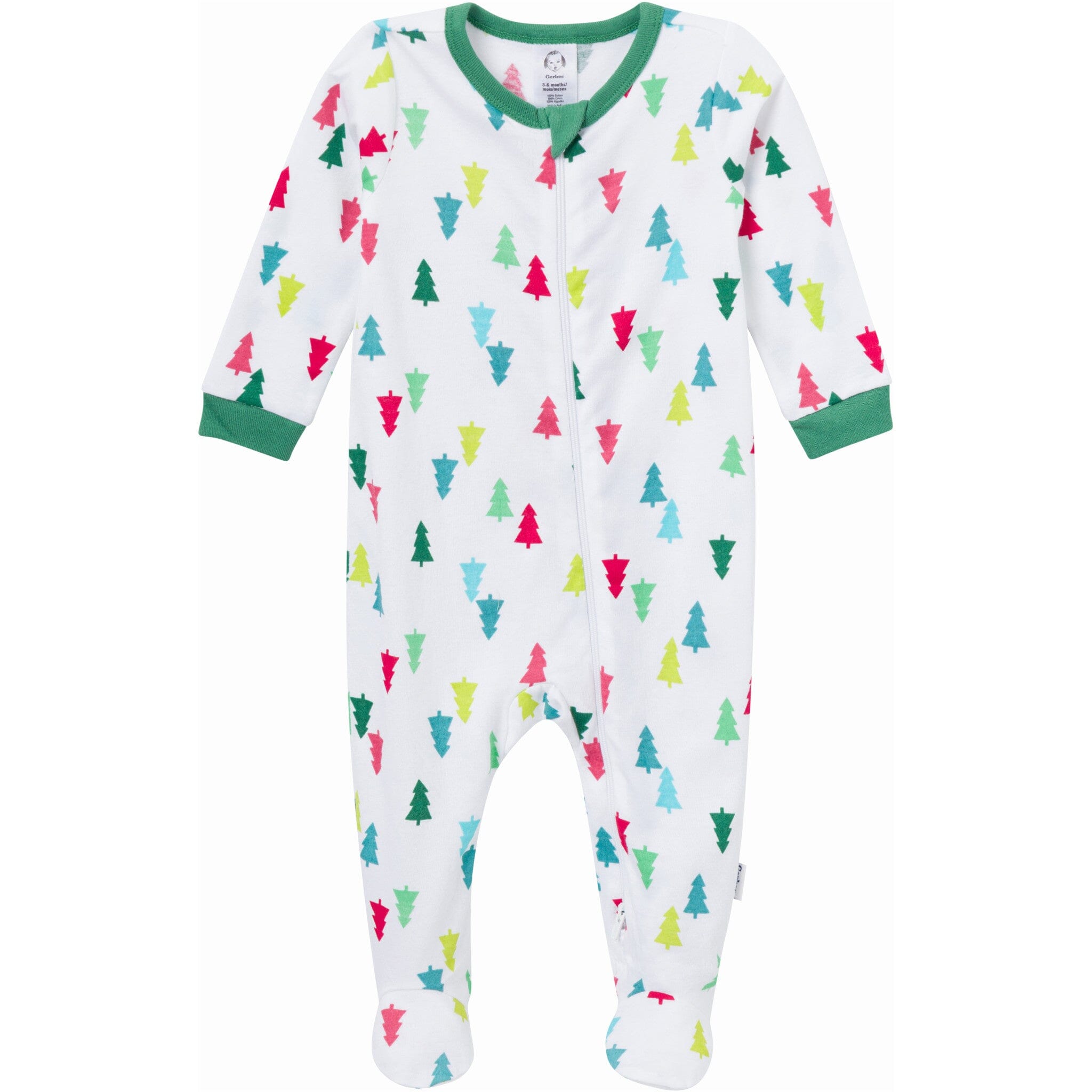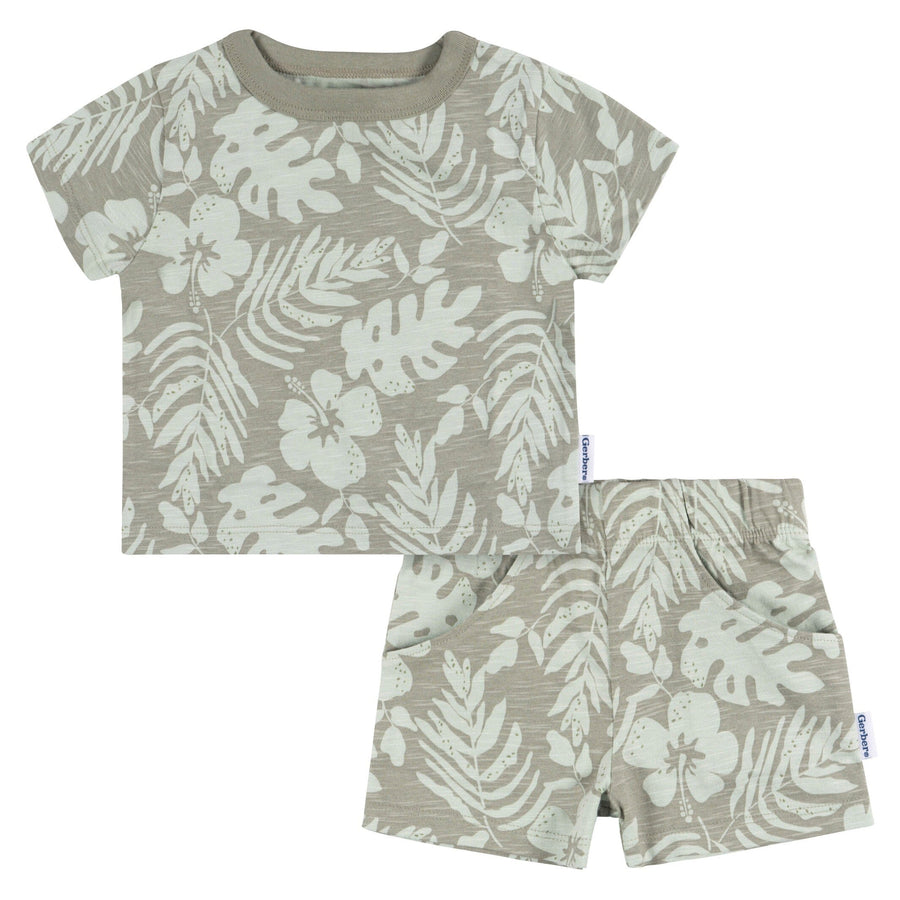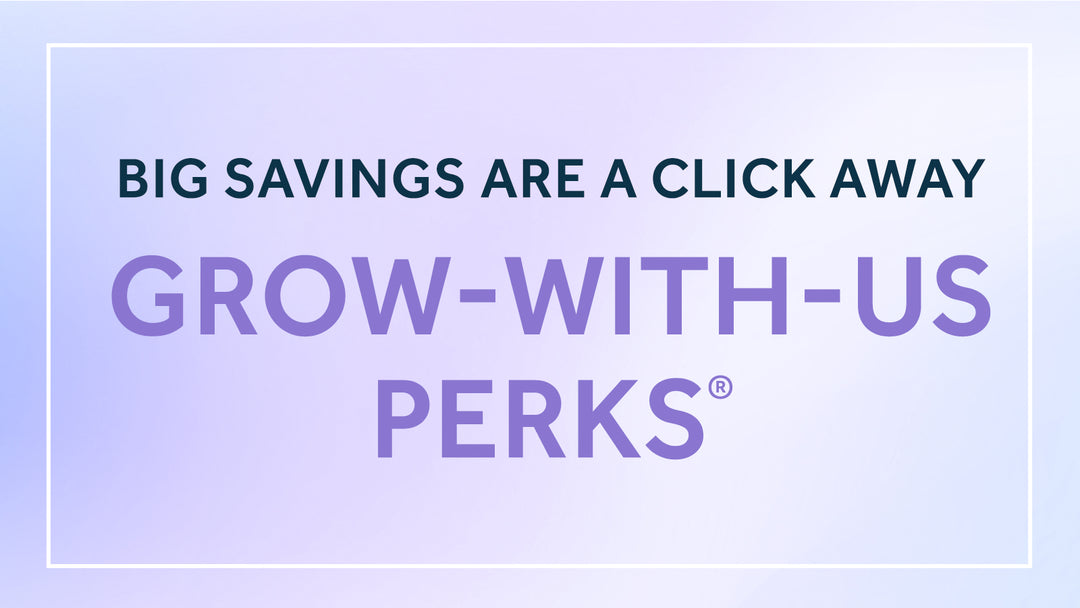From Pregnancy to Postpartum: Managing Mental Health in the First Year of Motherhood

Let's be honest—no one fully prepares you for how much motherhood will shake up your world. You might expect the sleep deprivation or the mountain of laundry, but the identity shifts, emotional roller coasters, and mental fog? Not always on the registry.
We get it, both as perinatal mental health therapists and as people. Between the two of us, we've navigated postpartum depression, fertility struggles, and plenty of moments spent Googling "Is this normal?" at 2 a.m.
So if you're in the thick of the first year—whether you're expecting, newly postpartum, or somewhere between the leaky boobs and baby's first steps—this one's for you.

PMADs: What They Are and Why You Shouldn't Just Tough It Out
Perinatal Mood and Anxiety Disorders (PMADs) affect about 1 in 5 moms, and that number is likely higher due to underreporting. PMADs aren't just "postpartum depression"; they include anxiety, OCD, PTSD, and (very rarely) postpartum psychosis. Oh, and did we mention rage? These can appear during pregnancy or anytime in the first year after birth.
Then there's the "baby blues," which affects up to 80% of new moms—think mood swings, irritability, and weepiness, mostly driven by hormones. The blues usually fade after two weeks.
But if you're:
- Still feeling down or overwhelmed after two weeks
- Unable to sleep even when your baby is
- Constantly anxious or having scary, unwanted thoughts
- Feeling disconnected from your baby, your life, or yourself…
…it might be something more. And that's not a failure—it's a signal. One that deserves support, not silence.

Pro tip:
Keep a quick mood journal for a few days. Bring it to your provider. You don't have to know the "right" thing to say. Just start with, "I don't feel like myself."
Sleep Is a Survival Tool (Yes, Even Now)
Suggesting sleep to a new parent feels borderline offensive, but we promise, we're not here to make you rage-laugh.
Sleep isn't just nice—it's a biological lifeline. Research shows it's one of the strongest protective factors against postpartum mood disorders. Even a few consistent hours can regulate your mood, reduce intrusive thoughts, and help your brain feel a bit more like... yours.
Pro tip:
Split nighttime into shifts with a partner or support person. Let one person be fully "off duty" for 4–5 hours. It's not selfish; it's sanity-saving.

You Don't Need a Whole Village—Just a Few Real Ones
Sure, the "it takes a village" thing sounds nice in theory. But in real life? A few ride-or-die humans are plenty.
- A partner who recognizes your "about to lose it" face
- A best friend who sends memes and says, "You're not crazy. Motherhood is."
- A neighbor who drops off snacks and doesn't blink at your milk-stained bra
And if that list feels short? That's okay too. At Bloom & Rise, we built a community and a safe space for all phases of motherhood. Our care boxes and blog are here to say: you're not alone, you're not failing, and you don't have to "bounce back" from something that changed you forever.
Pro tip:
Think about one person—just one—who feels safe. Let them in. Ask them to check on you, not just the baby. Sometimes support starts with a single "How are you really?" If you can't think of someone, find our community online – you aren't alone!

It's Okay to Ask for Help—Even if You're Not Sure What You Need
Therapy isn't just for when things fall apart. If you're feeling numb, angry, detached, or just off—that's reason enough to talk to someone.
Start with your OB, midwife, or family doctor. You can say:
- "I'm not enjoying things the way I used to."
- "I feel overwhelmed and anxious all the time."
- "I cry a lot and I don't know why."
If they shrug it off, push back or ask for a referral. Some mental health providers specialize in perinatal care (like us!)—and they get it.
Pro tip:
Check out Postpartum Support International. They offer a therapist directory, free online groups, and a 24/7 helpline.
The Little Things Are Not Little
When you're in survival mode, it's easy to dismiss your own comfort. But small tools can bring big relief.
- A simple baby wardrobe that provides easy dressing, looks cute, and is easy to clean (hello, Gerber Childrenswear!)
- A hydration bottle you actually like
- Affirmations on your bathroom mirror
- A box of postpartum essentials that shows up when you need it most—complete with mental health tools, cozy comforts, and reminders you're not alone (hi again, Bloom & Rise).
These aren't indulgences. They're gear for the journey.

Bottom Line
You're not weak. You're not broken. You're just in the middle of something profoundly complex and beautiful.
Motherhood is messy. It's raw and real and requires more support than most of us were ever told to expect. But help exists. Healing is possible. And remember, you deserve care, too.






























